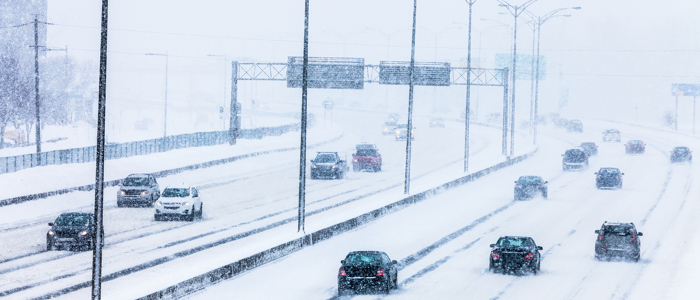Establishing a Business Continuity Plan for Inclement Weather

This article was updated on September 18, 2018.
By establishing a business continuity plan and employee policies regarding inclement weather, you can put your organization in a better position to handle any challenges that Mother Nature throws your way. As you devise your plan, you should keep in mind any applicable federal or local government regulations and industry best practices.
Forced Closings
If you have to shut down your office during a state of emergency, you may need to pay some of your employees for the day. Under federal law, you are generally not required to compensate nonexempt workers in this scenario; however, the DOL maintains that employers cannot dock the pay of exempt salary workers when an office is closed for less than a full workweek. If you provide your salaried workers with PTO, you may have a policy directing team members to use their vacation days when your business is closed due to extreme weather, but consider the toll this may have on office morale. After all, you don't want your employees to feel like you're cheating them out of their vacation.
Staying Open During Inclement Weather
If there are no mandated closings, you may choose to keep your office open during inclement weather. Because some employees will likely face more challenging commutes than they would on an average day, you must be aware of regulations that apply if and when an employee reports late. If a nonexempt hourly employee does not arrive on time, you only need to pay them for the hours that they worked. However, you may not dock the salary of any exempt worker who shows up for at least part of the day.
Reporting-Time Pay
According to the Society for Human Resource Management, eight states and the District of Columbia have extra protections for hourly workers during inclement weather. These locations have reporting-time pay laws, which require that nonexempt employees be paid for a minimum number of hours if they come to work but the office later closes due to weather disruptions. In all other states, you are only required to pay hourly employees for the specific amount of time that they worked. Note that reporting-time pay laws apply to a number of situations beyond inclement weather, including inadequate scheduling. Even under federal law employers are required to pay employees for any time spent at work waiting for a decision to be made regarding office closings.
Creating a Business Continuity Plan
It's crucial that your business has a clear, straightforward method of informing your employees about your action plan during inclement weather. For example, you can put a policy in place that specifies that you will always inform your employees of office closure decisions by 7 a.m. via a company-wide email. You will need to pay your salaried workers regardless of whether your office is open, so you may consider giving them the option to work from home during days of inclement weather. It's best to include these types of policies and procedures in an employee handbook to help ensure they are understood and applied consistently.
A good business continuity plan and clear employee policies can help keep your business functioning smoothly when Mother Nature strikes.



